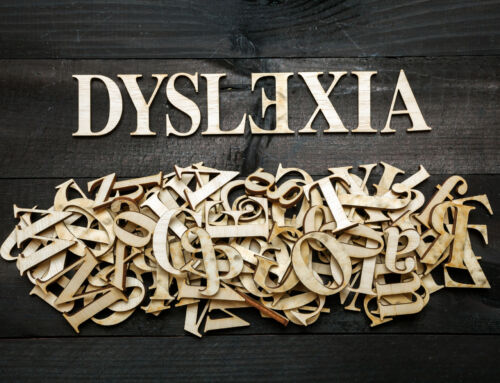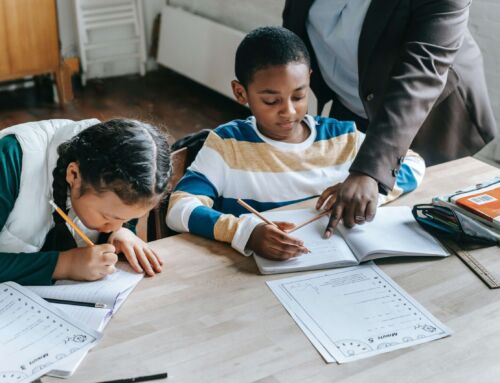Why a Close Teacher-Student Connection is Vital For Students with Dyslexia
A good relationship can significantly alter the learning environment for both students and teachers. When teachers establish a good relationship with their students as mentors, it is a great way to impact a student’s academic career positively. When children have learning difficulties, the student-teacher relationship becomes even more critical as they face various challenges in school.
How the teacher-student connection can lead to academic achievement
Students with dyslexia struggle with their reading skills, and a teacher can provide the support and mentoring they need. When teachers establish themselves as reliable mentors, students become more motivated to participate in class and attend school daily. Building their confidence and supporting their decision-making as they advance in their academic careers are all positive benefits for students. When students struggle with reading, they are more likely to trust teachers who can acknowledge their abilities, are attentive, and help inspire them to recognize their strengths and form a love for reading. In an academic setting, the educator must recognize where a student excels and where they need more assistance. Students can have difficulty recognizing and being vocal about their struggles, but having a good relationship with their academic mentor facilitates self-awareness and communication. Educators who foster a healthy student-teacher relationship can help their students improve their innate motivation to learn. When students are more involved in lessons and desire to master a skill, they can develop a stronger desire to learn that will benefit them in their high-school and college careers. Positive attitudes towards their lessons, teachers, and classes allow students to focus less on the stress of grades and more on content comprehension.
How the teacher-student connection can lead to a better learning environment
Positive teacher-student connections also lead to more communicative and functional learning environments. Since communicative teacher-student relationships are closely connected to a student’s self-motivation, they can increase classroom engagement. It is important to remember that students are less likely to need discipline during classes when they are engaged and participate in lessons. Thus, building students’ confidence should be a priority for educators to help students advance their self-regulation skills, such as self-determination and personal autonomy. These skills help students better master managing and evaluating their behavior in school settings, and with time and perseverance, can help prevent failing grades and the need for teacher intervention. Finally, students are more motivated to attend their classes when they know their teacher truly cares about them and wants them to succeed. Even in the early years of schooling, absenteeism contributes to bad grades and disjointed classroom environments. Battling absenteeism can be difficult, but when educators and students have a common understanding, school engagement and academic success improve. The connection the teacher can build can help motivate students to work hard and not want to miss classes, promoting a consistent learning environment and preventing students from falling behind in lessons.
Long-Term Benefits
Besides the short-term academic achievements that can come from a good student-teacher relationship, such relationships can also provide long-term benefits in terms of further schooling and future careers. Students who have a meaningful connection with a teacher while in school are more likely to create similar relationships. These relationships can also improve a student’s future classroom behavior immensely. If a student is struggling and has a teacher who will work closely with them, they can develop socially appropriate behavior for similar situations. This is incredibly helpful for upper elementary students preparing for middle school and having less time with one teacher. Building a good student-teacher relationship can thus have immediate short-term benefits and lifelong positive effects. Having a teacher to call an ally or mentor will reflect positively in other aspects of their life. This mentoring relationship can impact how a child works through school and other social environments, preparing them for obstacles in future academic settings.



